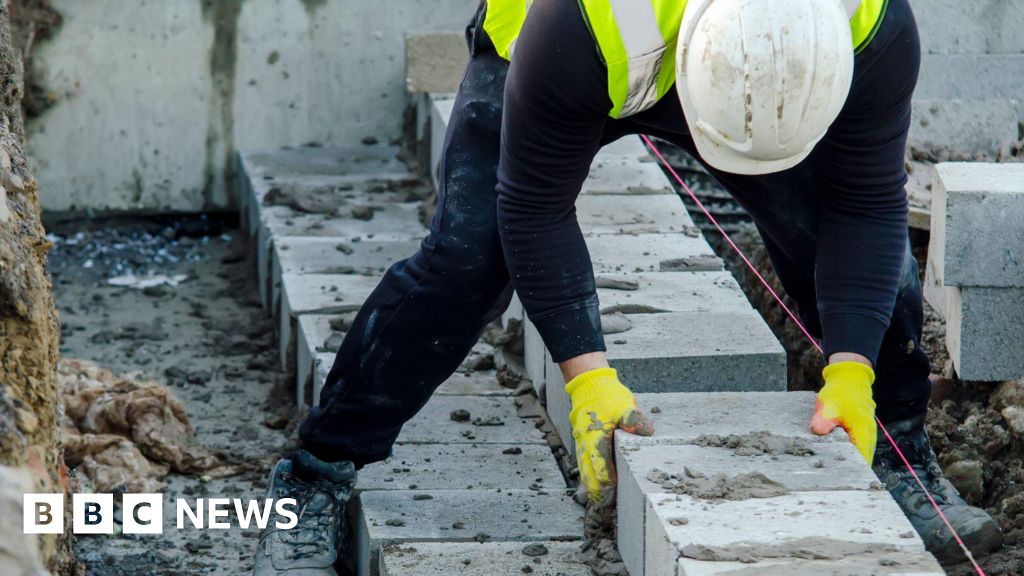The collapse of construction giant ISG is “devastating” for the sector and could lead to other firms going under, the boss of the industry trade body has said.
The chief executive of Build UK, Suzannah Nichol, told the BBC’s Today programme that many smaller firms in the supply chain would not now receive money, putting their future at risk.
ISG, which holds more than £1bn worth of government contracts, fell into administration last week and 2,200 workers were made redundant with immediate effect.
Liam Byrne, chair of the Business Committee, said he was “deeply concerned” at what had happened.
ISG, owned by the US firm Cathexis, had been struggling financially for some time but attempts to secure a rescue deal failed.
In an email to staff last week, ISG chief executive Zoe Price said the current situation had arisen due to “legacy issues” relating to “large loss-making contracts” secured between 2018 and 2020.
The company is involved in 69 government projects including work on prison refurbishment for the Ministry of Justice, according to data analysts Barbour ABI.
Last week, a government spokesperson said it had already implemented detailed contingency plans, and affected departments were working to ensure sites were safe and secure.
ISG’s collapse is the most high-profile in the UK’s construction sector since Carillion fell into adminstration in 2018.
Speaking to the Today programme, Ms Nichol said: “Construction remains undervalued, and people underestimate the cost of construction.
“Whilst there have been changes since Carillion six years ago, there clearly has not been enough change.
“We know construction runs on very thin margins. You only need one project to go wrong and get delayed and you start to have cashflow issues,” she added.
“ISG had two major contracts which they started, mobilised and then were stopped by the client and that happens time and time again in construction.”
Liam Byrne voiced his concern at the news, which he said could now “imperil thousands of jobs”.
“It’s why we’ve got to transform the quality of UK accounting so it once again provides the early warning system that investors, workers and suppliers deserve.”

